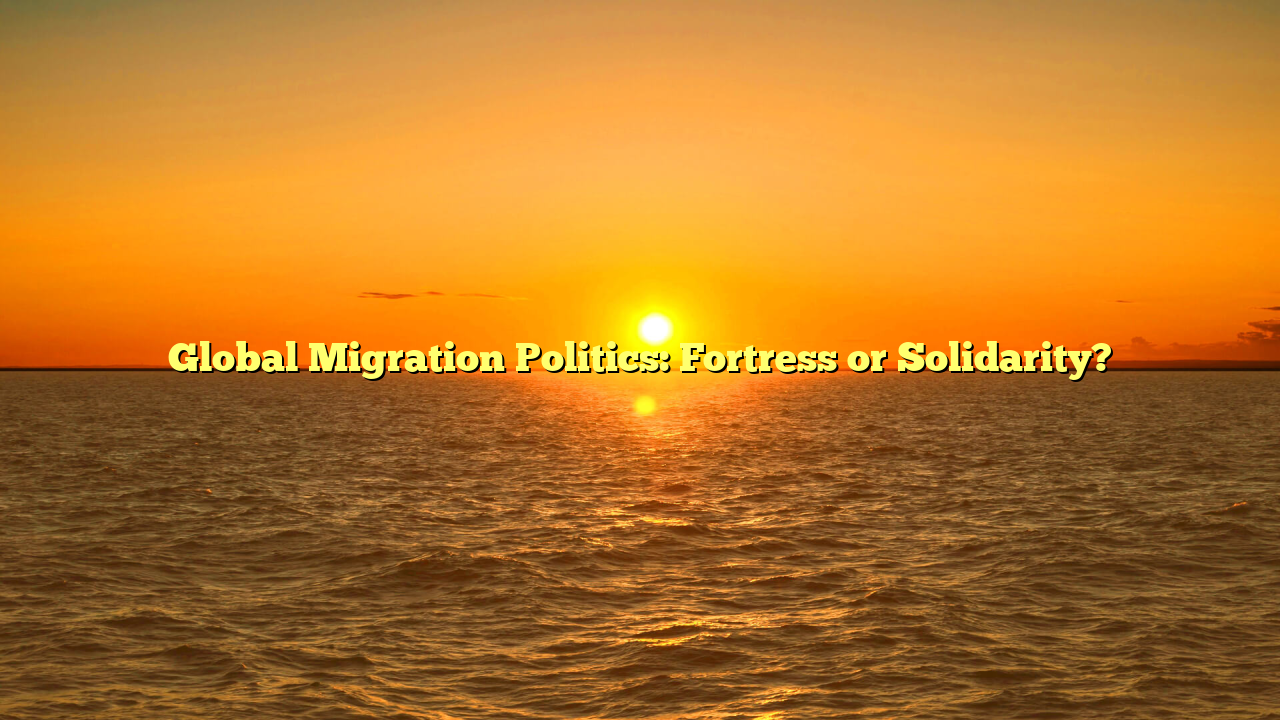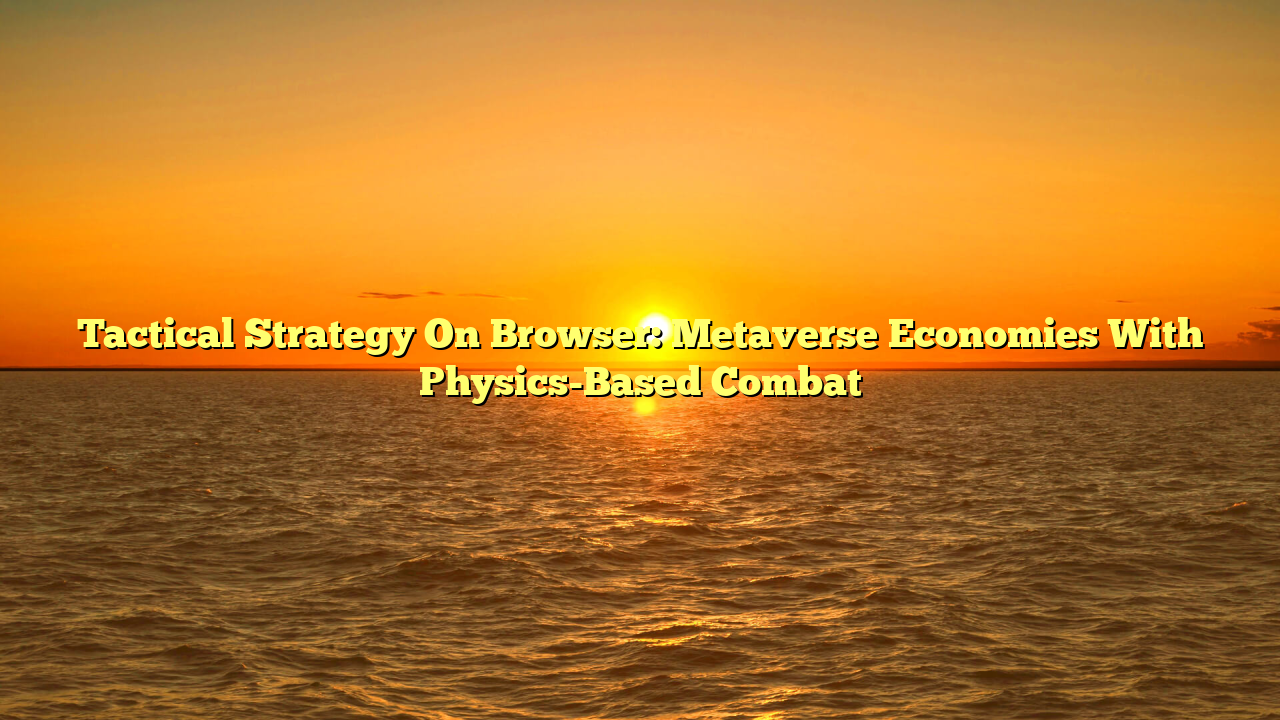Migration has become one of the most contentious political issues of the 21st century — a moral, economic, and security dilemma dividing nations. With over 120 million people displaced worldwide, governments are struggling to balance naga169 resmi compassion with control.
In Europe, border fortifications are expanding even as labor shortages grow. The EU’s new migration pact seeks to distribute asylum seekers among member states, but critics say it institutionalizes deterrence rather than protection. In the United States, immigration dominates the 2025 presidential race, with both parties advocating tougher enforcement amid record crossings at the southern border.
Meanwhile, climate migration is accelerating. Rising sea levels and extreme weather displace millions across Asia and Africa, challenging legal frameworks that still distinguish between “refugees” and “migrants.” The International Organization for Migration calls this “the defining governance issue of the century.”
Developing countries, ironically, host 70% of the world’s displaced people. Lebanon, Kenya, and Bangladesh bear immense humanitarian burdens with limited resources. Wealthy nations, by contrast, outsource asylum processing to third countries, drawing criticism for moral hypocrisy.
Global cooperation remains elusive. UN negotiations on safe migration routes stall over sovereignty concerns. Populist leaders exploit anti-immigrant sentiment, framing refugees as security threats rather than victims of crisis.
Experts warn that without a new paradigm — one combining border management with global solidarity — migration politics could erode human rights norms built since World War II.



